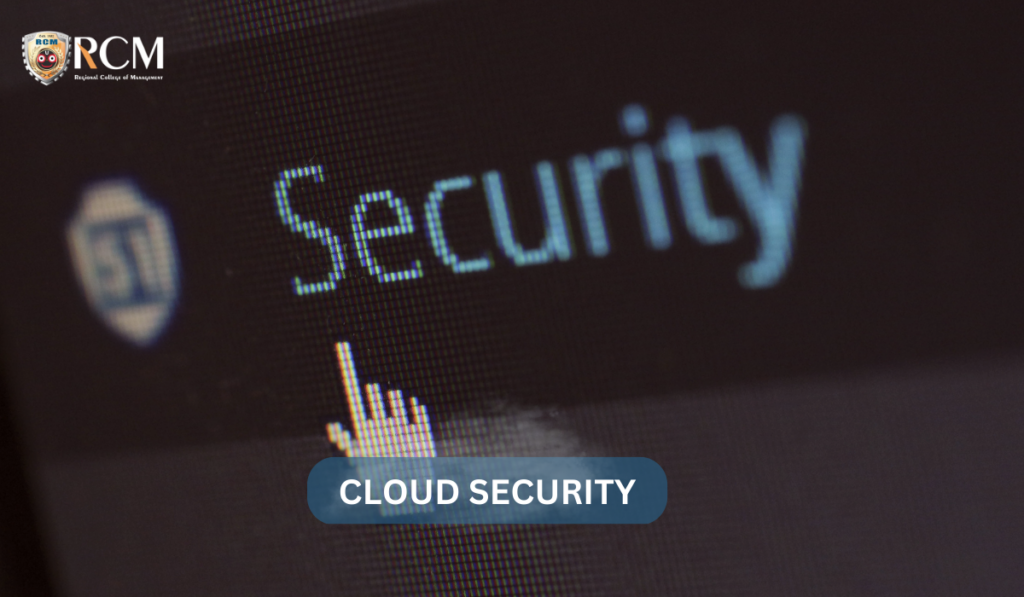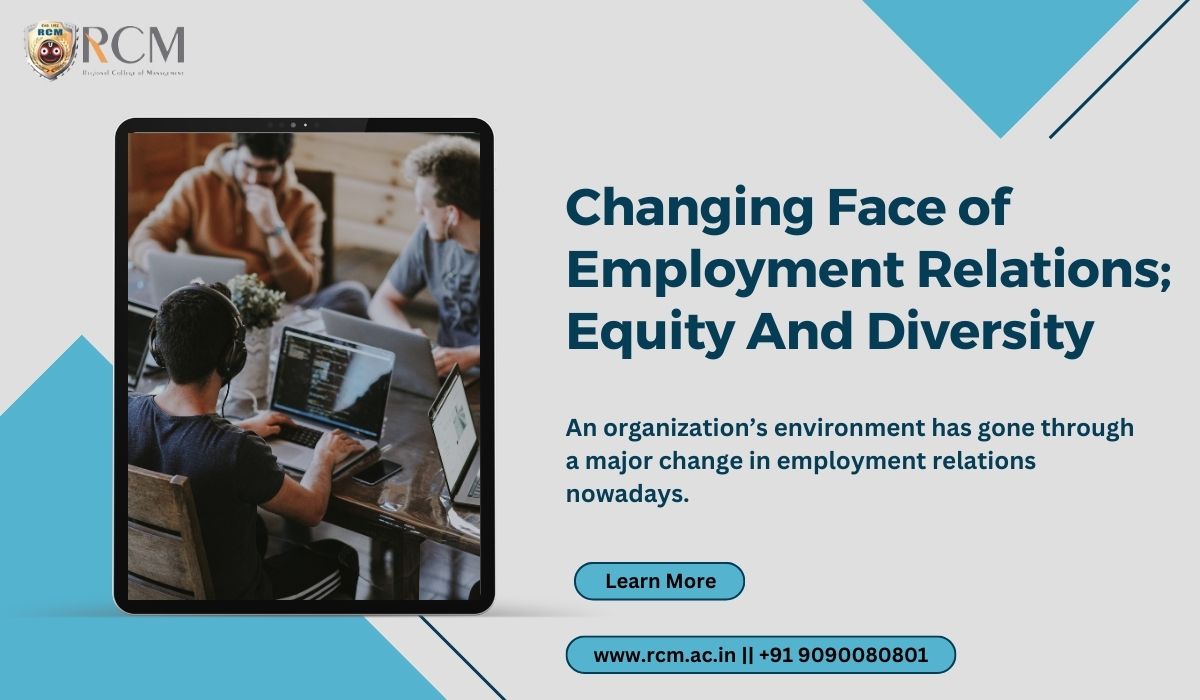Being a part of the large universe of management, it is important to cover certain topics that are more crucial to know and acknowledge with the growing technology. Cloud security is one of them.
Overview
Cloud security is a set of practices and tools created to address both internal and external security threats to businesses. Cloud security is essential for businesses as they execute their digital transformation approach and integrate cloud-based tools and services into their infrastructure.
What is cloud computing?
Cloud computing refers to the delivery of computing resources, such as servers, storage, databases, software, and networking, over the Internet. Instead of organizations and individuals having to build and maintain their own computing infrastructure, they can access these resources on demand from a cloud service provider.
In cloud computing, the service provider owns and manages the hardware, software, and infrastructure, and the user pays for what they use, typically on a subscription or pay-per-use basis. This allows users to scale their computing resources up or down as needed, without the upfront costs and complexity of building and maintaining their own infrastructure.
Cloud computing offers a range of benefits, including increased flexibility, scalability, reliability, and security. It also enables organisations to focus on their core business functions, rather than IT infrastructure management, and can facilitate collaboration and remote work.
The cloud computing services that are most popular and widely used are:
- Infrastructure as a Service (IaaS): This is a type of cloud computing service that provides users with virtualized computing resources such as servers, storage, networking, and other computing infrastructure components. Examples of IaaS providers include Amazon Web Services (AWS), Microsoft Azure, and Google Cloud Platform.
- Platform as a Service (PaaS): This is a type of cloud computing service that provides users with a platform for developing, testing, and deploying software applications. PaaS providers typically provide users with tools, libraries, and frameworks that help them build and deploy applications. Examples of PaaS providers include Heroku, Google App Engine, and Microsoft Azure.
- Software as a Service (SaaS): a type of cloud computing service that provides users with access to software applications that are hosted and managed by a third-party provider. Users typically access the software through a web browser or a mobile app, and the provider is responsible for maintaining the software and infrastructure. Examples of SaaS providers include Salesforce, Dropbox, and Google Apps.
Why is cloud security essential?
For a number of reasons, cloud security is essential.
- Sensitive data is protected by cloud computing, which uses remote servers owned and operated by third-party providers to store and process data. This implies that if adequate security measures are not in place, sensitive data, including personal, financial, and intellectual property, may be exposed to unauthorized access.
- Regulation adherence: Many organizations must abide by rules specific to their respective industries, such as the GDPR for EU data protection, PCI-DSS for the payment card industry, and HIPAA for the healthcare sector. To protect sensitive data, these regulations specify the security measures and criteria that must be followed. Heavy fines and other legal repercussions may follow failure to comply with these requirements.
- preventing data breaches: Cybercriminals target cloud computing providers in an effort to gain unauthorized access to sensitive data. If a data breach is successful, both the provider and the user may suffer financial losses, loss of intellectual property, and reputational harm. To prevent data breaches, it is crucial to implement strong security controls.
- Keeping the business running smoothly: Cloud security is essential for doing this. The provider should have effective disaster recovery and business continuity plans in place to reduce downtime and data loss in the event of a security breach or cyberattack.
In the next blog, which will be the continuation of this one, we will focus on some of the challenges and solutions of cloud security and discuss the approaches to cloud security.




















